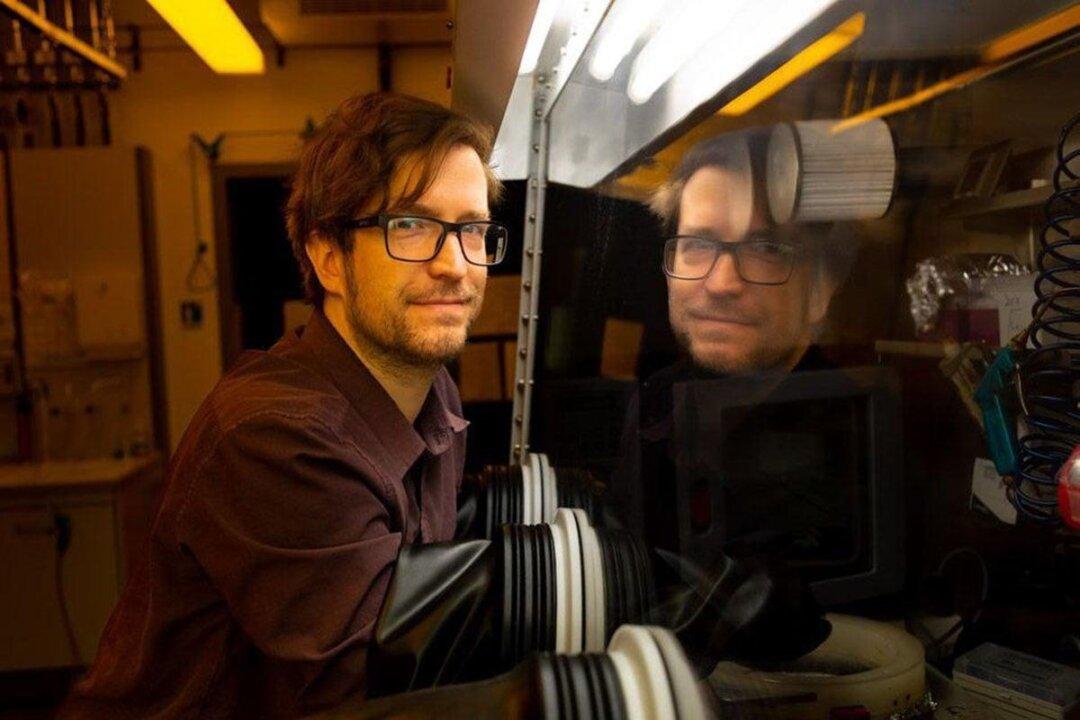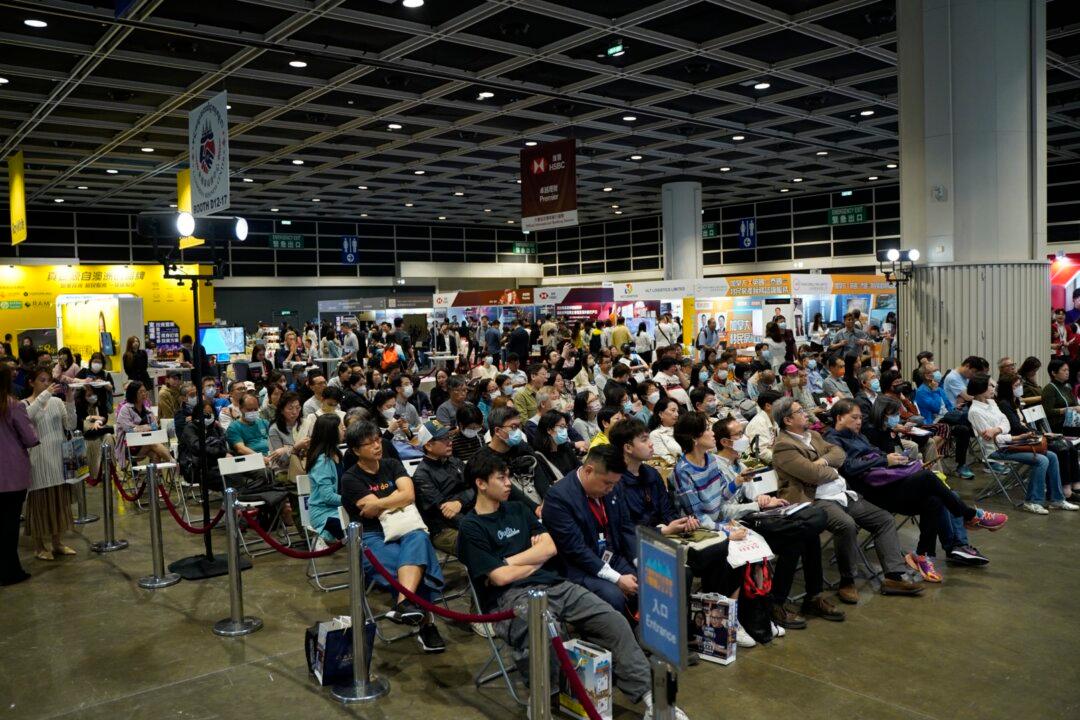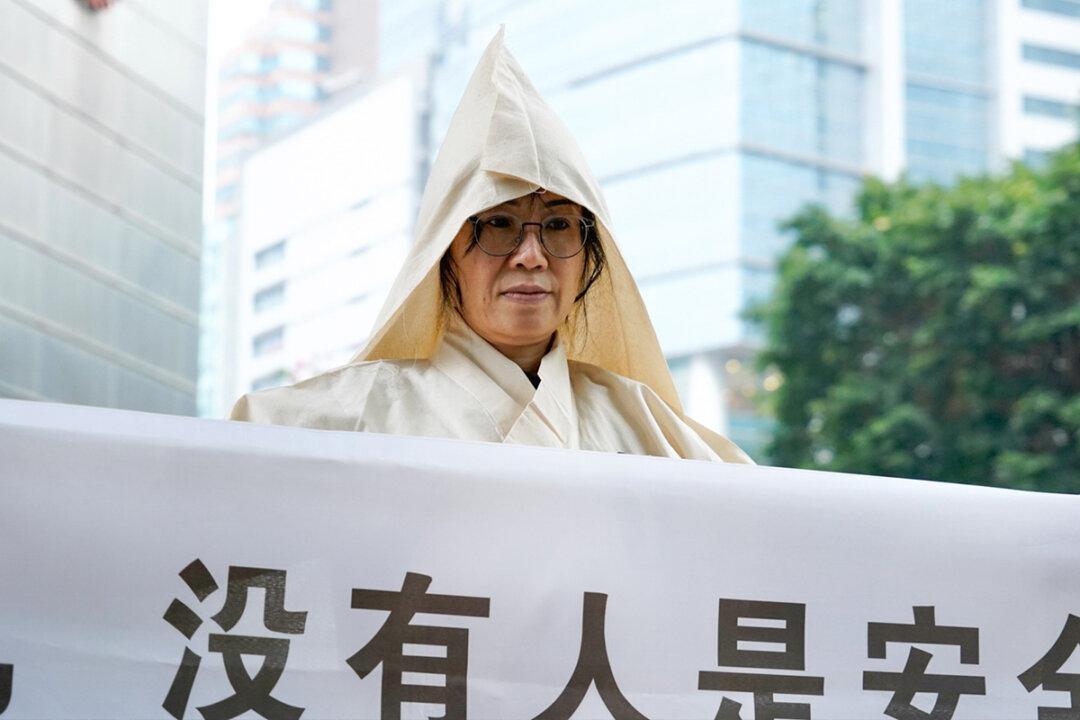A collaborative study by the Department of Electronic Engineering at CUHK has found that ion-induced field screening is a dominant factor in the operational stability of perovskite solar cells. The findings will help lay the foundation for new strategies to improve the lifetime of the next-generation solar cells.
The solar cell market is currently dominated by traditional silicon-based technologies, which account for 95 percent of the market. On the other hand, perovskite solar cells are found to offer better performance and lower manufacturing costs. However, perovskite solar cells can only last a few years, which lags silicon cells by roughly one order of magnitude (ten times less) in a guaranteed lifetime, which is a major technical obstacle in its commercialization.




